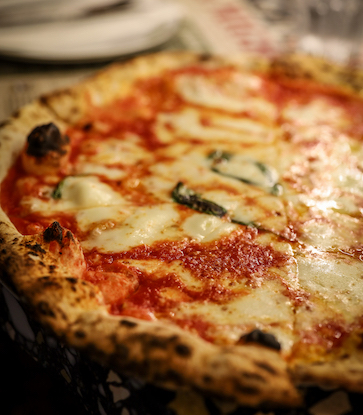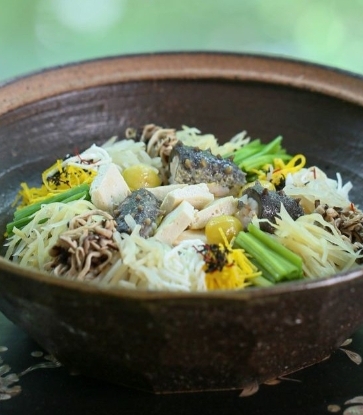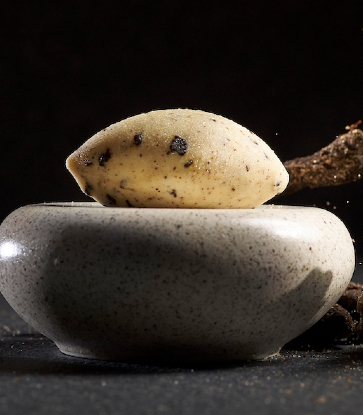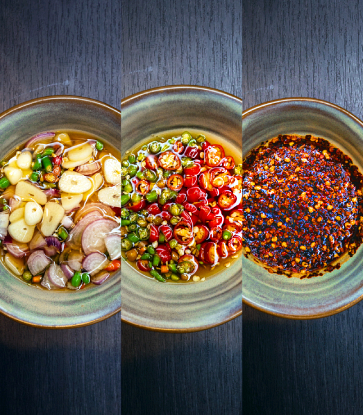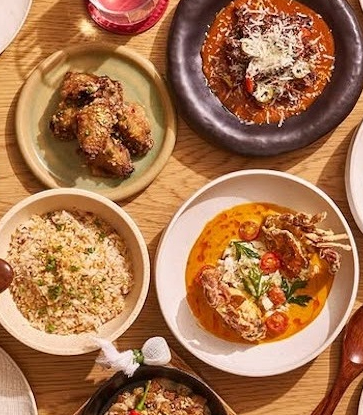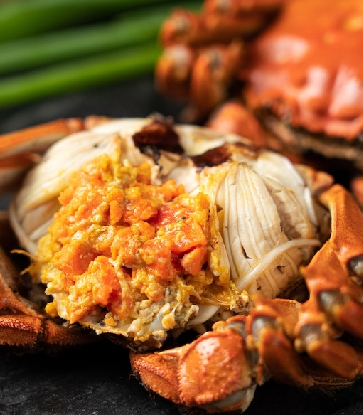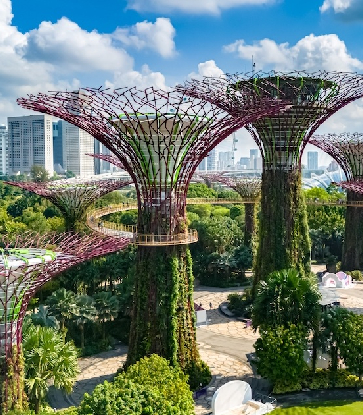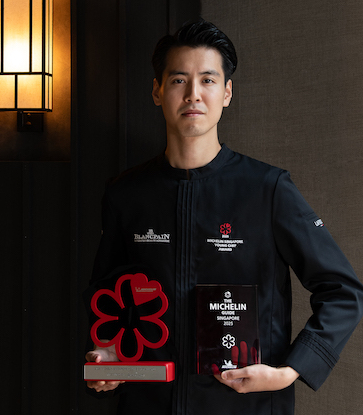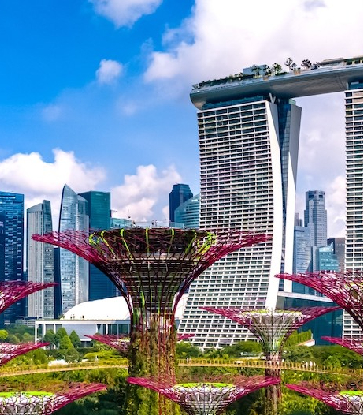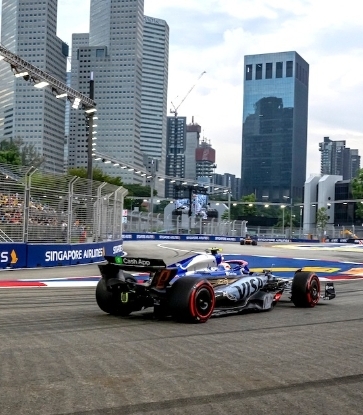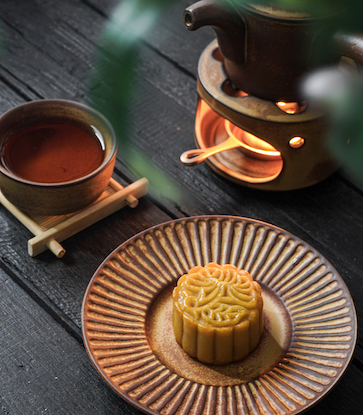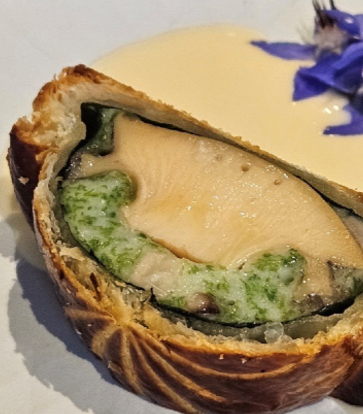Executive chef Haikal Johari of one-Michelin-starred Alma is no stranger to the tradition. “I’ve been fasting since I was six years old. Even when I was serving in the army, I never broke my fast,” he says. Though not being able to eat during the day seems like it might present challenges for a chef, Haikal insists on going to work and running the restaurant just like he would every day. “A part of the meaning of Ramadan is to get on with your daily life as normally as possible while observing the fast. The only thing is that I can’t taste the food, which I can always let my colleagues do.”

While powdered spices are convenient and easily accessible, the chef advises using fresh ingredients and whole spices for that taste of tradition. “The whole spices have essential oils that elevate the flavours whereas ready-made powders are flat and dry,” he explains. “Go to your butcher and ask for a quality cut of lamb from a sustainable source as well. This also plays a very crucial part in elevating the dish.” To finish, Haikal recommends a few dabs of sweet and tangy pineapple gel or jam and a side sautéed kale, served with rice cakes, steamed rice or flatbreads.

Serves 4
1kg lamb shoulder, saddle or belly, cubed
Pineapple jam (optional)
Sautéed kale (optional)
For the spice paste:
8 red onions (bawang merah)
4 cloves garlic (bawang puteh)
15g fresh turmeric (kunyit)
6 pcs candlenut (buah keras)
6g coriander seeds
5g cumin
2 pcs cinnamon
3 pcs cardamom
2 pcs turmeric leaves
Chilli padi to taste
For the curry:
8 kaffir lime leaves (jeruk purut)
2 stalks lemongrass (serai), bruised
6 bay leaves (daun salam)
2 litres coconut milk (santan)
Salt and pepper to taste
Method:
1. Blend all the ingredients for the spice paste finely.
2. Fry the lamb pieces in oil until all the surfaces are browned, then add the spice paste and cook until fragrant.
3. Add the kaffir lime leaves, lemongrass, bay leaves and pepper to taste. Mix well and cook until fragrant.
4. Add the coconut milk and bring to a boil. Reduce the heat to low and cook for about 1.5 hours or until the gravy is thickened and the lamb is fully cooked through. Add salt to taste.



